Hot takes on the Hanoi Summit
By Dawn Stover | February 28, 2019
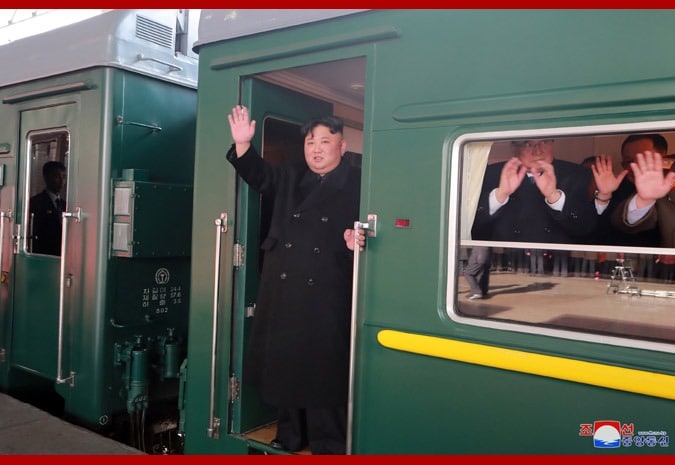
The summit meeting between President Donald Trump and North Korean leader Kim Jong-un in Vietnam ended abruptly when Trump walked away from the talks. In remarks at a press conference in Hanoi, Trump said the summit was “a very productive time” but not a good time to sign any agreement. “Basically, they wanted the sanctions lifted in their entirety, and we couldn’t do that,” Trump said, adding that Kim “wants to keep some nukes.”
That’s just one narrative, though. In a separate press conference, North Korean Foreign Minister Ri Yong-ho reportedly said North Korea asked only for partial sanctions relief in exchange for dismantling its Yongbyon nuclear complex. Ri blamed US National Security Advisor John Bolton for disrupting the talks by demanding that North Korea disclose its chemical and biological weapons as well as its nuclear arsenal.
At a press call today, organized by the Peace & Security Collaborative at ReThink Media, 10 experts spoke about the disappointing end to the summit. Here are some of their takeaways:
Jenny Town, Managing Editor and Producer, 38 North
“If this really was all about Kim Jong-un insisting that all sanctions be lifted in exchange for just the dismantlement of Yongbyon, it’s hard to believe that he would do that and that they would have continued with the summit knowing that that was his stance. If it was a matter of moving the goalpost at the last minute, then that’s a bigger problem … [that] leaves us with nothing to show for all the time and resources that have already been invested in this.”
Richard Johnson, Senior Director for Fuel Cycle and Verification, Nuclear Threat Initiative
“If there’s a silver lining from not getting this joint statement, I would say look to the last sentence of the White House statement, which says that no agreement was reached at this time but their respective teams look forward to meeting in the future. I think it’s really time to empower their envoys. Steve Biegun and Kim Yong-chol need to be specifically told by the leaders that they are to go into a room together and not come out until they have a good deal.”
Ambassador Bonnie Jenkins, Founder and Executive Director, Women of Color Advancing Peace and Security (WCAPS)
“It’s important to have contingency plans for different positions that a country could take . . . I’m hoping that after the meeting there will be some serious thinking about what we do differently next time, maybe bringing in some of the traditional ways in which we have done these kinds of agreements in the past.”
Daniel Wertz, Program Manager, National Committee on North Korea
“President Trump has emphasized that he is content as long as North Korea doesn’t continue with their missile testing, and I believe that Kim Jong-un doesn’t want to return to confrontation mode either. So the real question for the weeks and months ahead either is whether or not the two sides will be content with just staying in the equilibrium that we’ve reached.”
Christine Ahn, Founder and International Coordinator, Women Cross DMZ
“I’m in Hanoi right now, and in the morning I was having a conversation with my 6-year-old daughter, explaining to her, ‘Mommy’s on this trip because today is the day that Donald Trump and Kim Jong-un are going to declare an end to the Korean War, and 80 million Korean people around the world have been waiting 67 years for this moment and it’s finally going to happen today.’ And then it’s after lunch and the whole thing just went poof.”
Rep. John Tierney, Executive Director, Center for Arms Control and Non-Proliferation
“While all this is going on . . . there’s a dangerous rise in tension between India and Pakistan, both nuclear powers. This is the most dangerous international situation that has arisen during the Trump administration. We just witnessed the limitations on his skills when it comes to dealing with nuclear challenges.”
Kelsey Davenport, Director for Nonproliferation Policy, Arms Control Association
“Trump may claim that there’s no rush to reach a deal with North Korea, but in reality the clock is ticking. It’s critical for the United States and North Korea to immediately return to the negotiating table and agree on reciprocal actions that lead toward denuclearization and reduce the risk of conflict on the [Korean] Peninsula.”
Catherine Killough, Roger L. Hale Fellow, Ploughshares Fund
“If the Trump administration wants to resolve the nuclear standoff in North Korea, then it has to take measures to reckon with historical grievances that inform North Korea’s political and security calculations. I do believe there’s still an opportunity here, especially for Congress going forward to help bolster the diplomatic process, but it needs to start by acknowledging that even a limited deal that would curb North Korea’s nuclear program, would serve long-standing US policy goals shared by both Republicans and Democrats.”
Erica Fein, Advocacy Director, Win Without War
“It cannot be lost on anyone that Trump has empowered hard-liners to kill other international agreements, and he has not been able to get a so-called better deal . . . So with John ‘bomb ‘em’ Bolton at the table, we shouldn’t be surprised if Trump opted for maximalism instead of incrementalism.”
Caroline Dorminey, Policy Director, Women’s Action for New Directions
“This summit should not be seen as the end-all, be-all. What I’m optimistic about is that it will lead to more productive diplomatic engagement in the future.”
Together, we make the world safer.
The Bulletin elevates expert voices above the noise. But as an independent nonprofit organization, our operations depend on the support of readers like you. Help us continue to deliver quality journalism that holds leaders accountable. Your support of our work at any level is important. In return, we promise our coverage will be understandable, influential, vigilant, solution-oriented, and fair-minded. Together we can make a difference.
Keywords: Hanoi Summit, Kim Jong-un, North Korea
Topics: Nuclear Risk, Nuclear Weapons




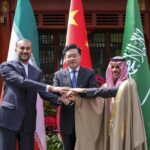

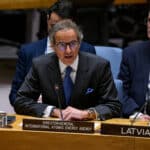



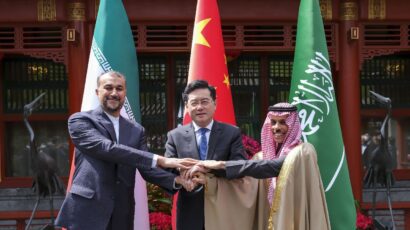

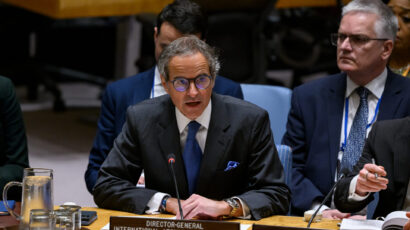
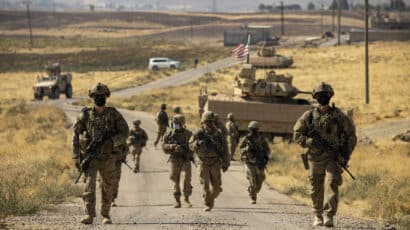
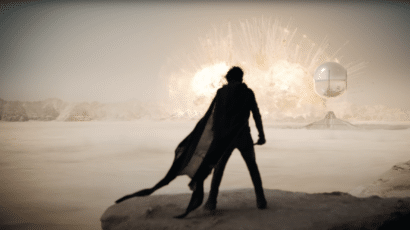
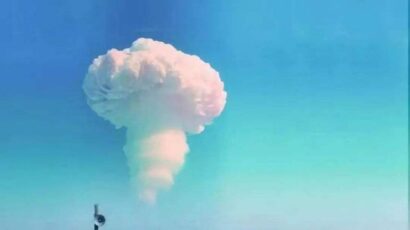
Thank you for the input from these seasoned experts. Catherine Killough comes closest to what I want to say: The little-known (in the US) history of our relations with NK explains the failure of this summit. We cannot expect NK to give up its nuclear weapons based purely on promises. They need to see real action as well, including the lifting of some sanctions. Here are the key reasons: Exhibit A: Under the 1994 Agreed Framework (our major nuclear agreement with NK), they put their plutonium stockpile under international control and were unable to do their first nuclear test until… Read more »